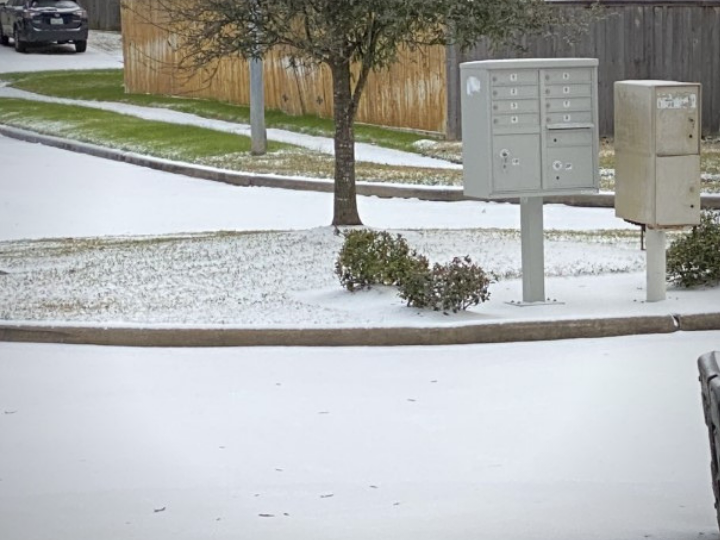
The February 2021 freeze – the infamous Winter Storm Uri – wreaked havoc across Texas, but the impacts of the storm were more severe in Harris County, according to a report by the Hobby School of Public Affairs at the University of Houston.
More than nine out of every 10 (91%) Harris County residents lost electrical power at some point as the winter storm rolled through on Feb. 14-20, significantly higher than residents in the other 212 counties within the Texas electrical grid that lost electricity (64%). The average outage for Harris County residents was reported to be 49 hours, a time span that suggests plans for rotating power outages did not work.
Almost two-thirds (65%) of Harris County residents lost running water (for 56 hours, on average), 21 percentage points higher than that experienced by Texans outside of Harris County. But water problems went even further: When and where running water was available, household taps for significant periods of time might produce water that was unsafe to drink.
“These survey results point to significant ways we can respond more effectively, should a similar disaster threaten in the future. Local authorities can make use of this information to help maximize investments in weatherizing utility infrastructure that can protect Harris County residents,” said Kirk P. Watson, founding dean of the Hobby School.
The insights are among results of an online survey of adults in the 213 Texas counties (out of Texas’ total of 254 counties), including an oversample of Harris County residents (513 total), that are served by the Texas Electrical Grid, which is managed by the Electrical Reliability Council of Texas (ERCOT). The survey asked about personal experiences during the storm and opinions on future policy and preparedness.
“When it comes to supporting proposed policy changes aimed at protecting people and infrastructure from severe weather, an overwhelming majority of Harris County residents think it’s a good idea, but the challenge comes with how to fund those improvements,” said Renée Cross, senior director of the Hobby School. “Less than one-third were in favor of passing costs on to consumers.”
The entire report, “The Effects of the Winter Storm of 2021 in Harris County,” is available here. Comparisons of storm experiences in Harris County and the rest of Texas can be found here.
Other notable findings:
- Harris County residents were significantly more likely than other Texans to lose cell phone service, suffer food spoilage and have difficulty finding a plumber. Financial loss, too, was more common than elsewhere in Texas.
- Two of every five Harris County respondents suffered water damage from pipes that burst because of the freeze.
- About three-quarters of Harris County respondents believe developing alternative energy sources, such as wind and solar, is the biggest priority in protecting the country’s energy supply. By contrast, just 27% of participants believe the current main priority should be oil and natural gas exploration and production.
Mark P. Jones, a fellow at Rice University’s Baker Institute and a Hobby School senior research associate, notes Harris County residents were also significantly more likely than other Texans to rely, at least a little, on text alerts from local and county government during the storm.
“This suggests the text-alert systems of Harris County, the city of Houston and other area municipalities might serve as an example for other governments,” said Jones.
The survey was fielded by YouGov between March 9-19, 2021, with 1,500 YouGov respondents, resulting in a confidence interval of +/-2.5. The respondents were matched to a sampling frame on gender, age, ethnicity/race, and education and are representative of the adult population in these 213 Texas counties.